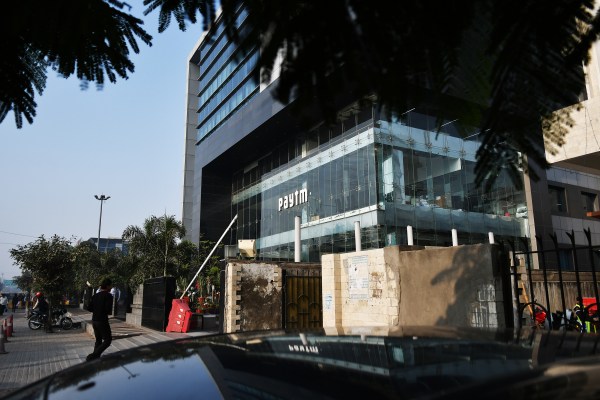
Shares of Paytm slid over 10% Tuesday to an all-time low of 476 Indian rupees ($5.8) before recovering slightly after the lock-up period for early backers of the Indian financial services firm ended last week.
The lock-up period for the company’s earlier backers expired on November 15, freeing significant investors such as SoftBank Group and Alibaba to sell their shares. SoftBank sold shares worth over $200 million last week. (Indian law requires pre-IPO investors to hold the shares post-listing for up to one year from the IPO.)
At 476 Indian rupees, Paytm’s shares are down over 77% from the IPO price of 2,150 ($26.3). The company, which was valued at $16 billion in a private round in 2016, currently has the market cap of $3.8 billion. Paytm raised more than $6 billion across private rounds and IPO (including secondary transactions).
Tech firms have lost significant value this year as the market takes a downturn and reverses much of the gains from the previous 13-year bull run. Paytm is among a number of Indian startups that went public last year. Zomato, PolicyBazaar, Nykaa and Delhivery — some of the other startups that have gone public in the past two years — are all trading considerably below their IPO prices.
Vijay Shekhar Sharma, the founder of Paytm, assured investors last week that the firm is working “on the right path to profitability and free cash flows.” He added: “Our journey to build a scalable and profitable financial services business has just started.”
The erosion in Paytm’s shares may also have a knock-on effect on the broader fintech startup ecosystem in India. PhonePe, a rival of Paytm, is attempting to raise a round from General Atlantic and Walmart at a $12 billion valuation, according to MoneyControl.
Sharma has said the company is working to make Paytm hit $1 billion in annual revenue by the end of this fiscal year in March.

